Businessman J.W. Gibson is reportedly getting ready to retool his mayoral campaign with help from veteran political consultant Susan Adler Thorp. Polls indicate that Gibson’s campaign has never really gotten off the ground. Nor has his initial slogan suggesting that Memphis needs a “new tune.”
And the professional respect Gibson enjoys as a result of his long-term philanthropic and developmental activities has not been general enough to have earned him much name recognition with the public. Despite a distinguished and vaguely mayoral appearance, he has also struggled to stand out at the many collective forums and meet-and-greets he has been a presence at.
With just under four months left before election day, Gibson, who has abundant private resources, could still make an impact, but only if he finds a viable message and can popularize it. Almost uniquely in the crowded mayoral field, he has expressed openness to the idea of a possible property tax increase.
• Among observers who are closely following the mayoral race, there is a difference of opinion as to whether there are three main contenders so far — Sheriff Floyd Bonner, Downtown Memphis Commission CEO Paul Young, and NAACP president and former County Commissioner Van Turner — or four —those three, plus former longtime Mayor Willie Herenton.
Everyone acknowledges that Herenton, who has led at least one unofficial poll, has a dependable voting bloc, based on his long mayoral tenure and, especially, his precedent-establishing 1991 victory as the city’s first elected Black chief executive. Some wonder if his budget, expected to be minimal, will allow for a serious stretch run.
Bonner and Young won’t have such worries. Both have cash-on-hand holdings in the vicinity of half a million dollars. And Turner, whose purse at this point is roughly a third of that amount, has a long-established base of dependable supporters.
• As has long been expected, former City Councilman Berlin Boyd has pulled a petition to run for the open Super District 8, Position 3, seat held for the past two terms by Council Chairman Martavius Jones, who is term-limited.
Boyd’s name had also turned up on the petition list for Super District 8, Position 1 — something the once and possibly future councilman attributes to an error by one of his staff members. Boyd says he never had any intention of running against the 8-1 incumbent, JB Smiley, a friend, and he has done the paperwork to nullify that prospect. (He also denies a previously published report that he might take another crack at District 7, currently occupied by Michalyn Easter-Thomas, who in 2019 ousted then-incumbent Boyd in a runoff.)
Boyd has, however, considered the “back-up” idea of running for Super District 8, Position 2, a seat being eyed by several others, who take seriously a rumor that incumbent Cheyenne Johnson will not end up being a candidate for re-election. But, he says, “I’m 99 percent sure I’ll be running for Position 3.” Eight other people have so far pulled petitions for Position 3.
• The aforementioned Smiley is one of four current holders of super district seats who, as of early this week, did not yet have declared opposition. The other fortunate ones were Chase Carlisle in Super District 9, Position 1, Ford Canale in 9-2, and Jeff Warren in 9-3.
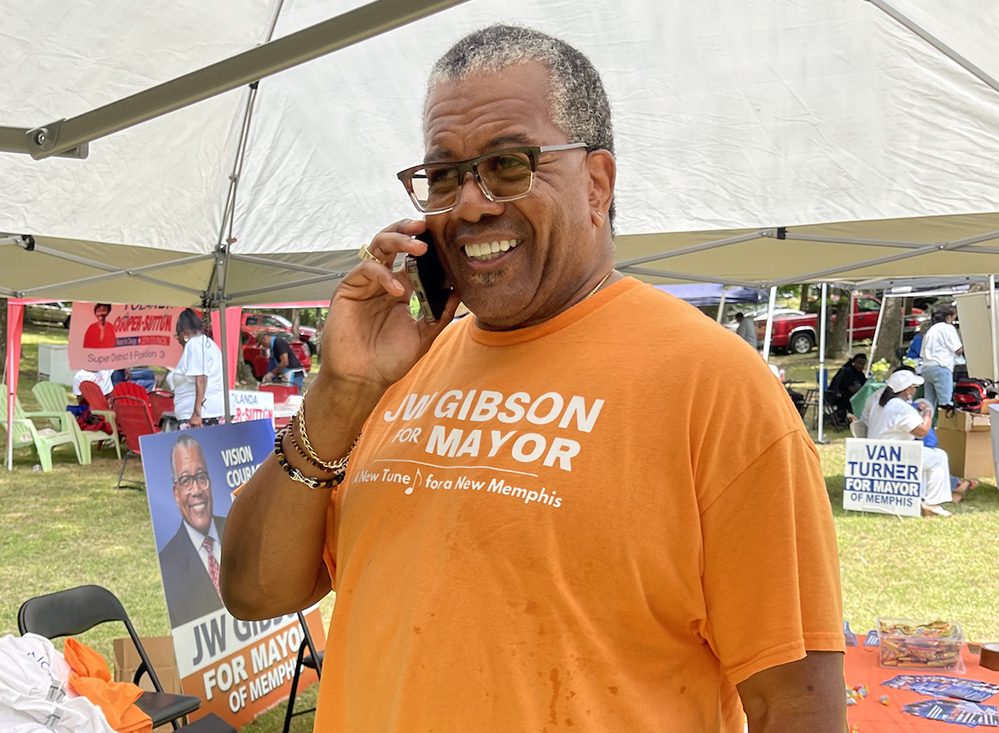
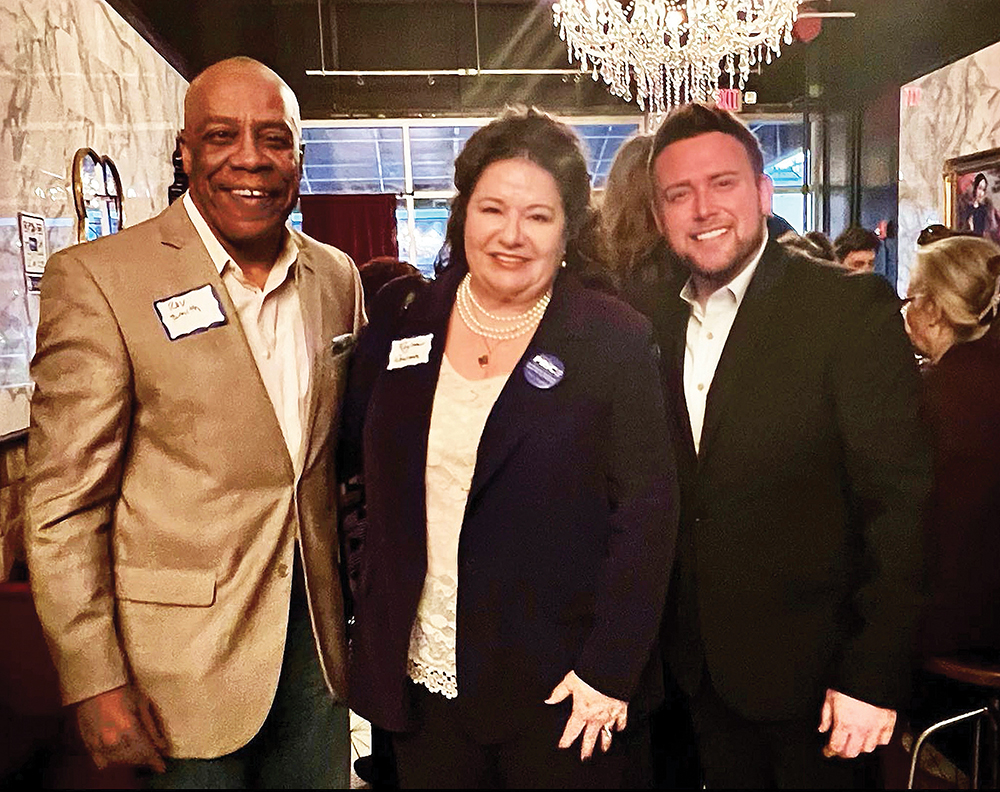
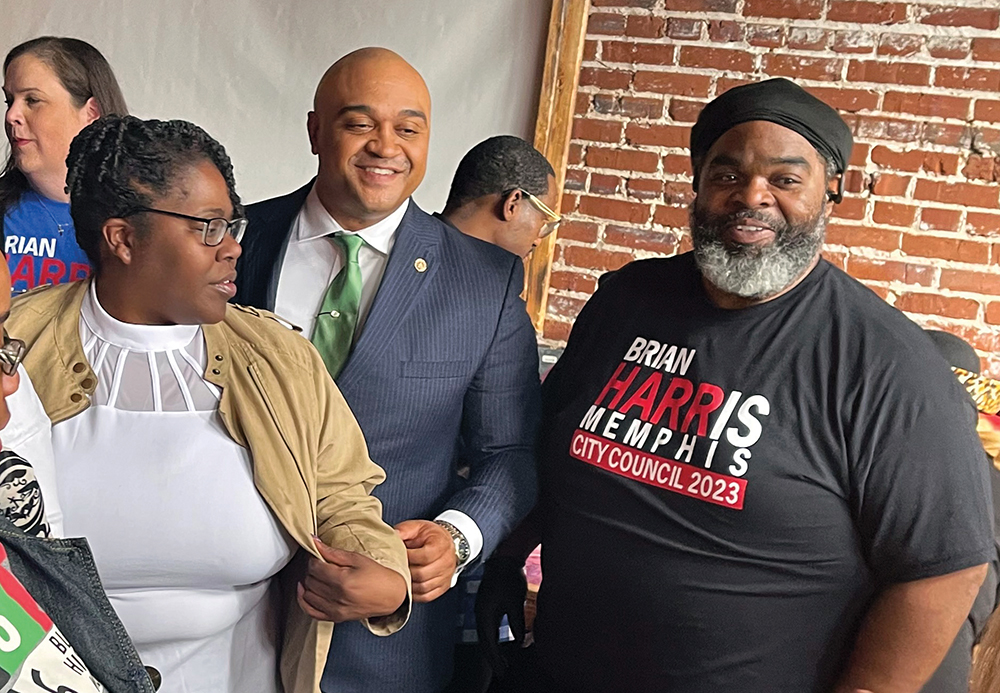
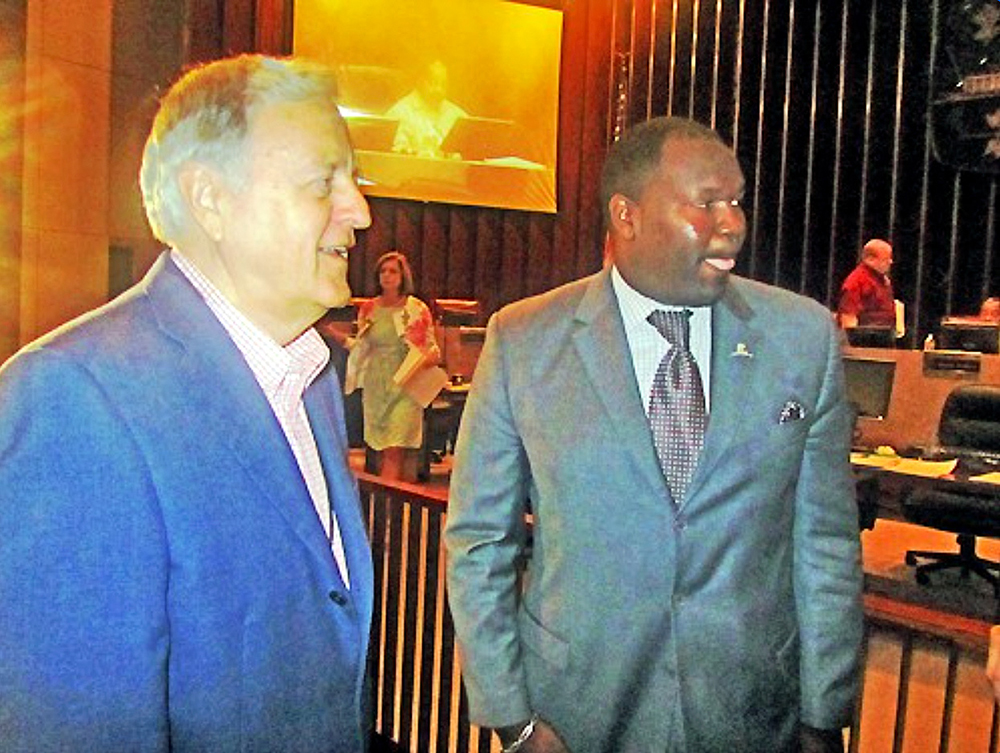
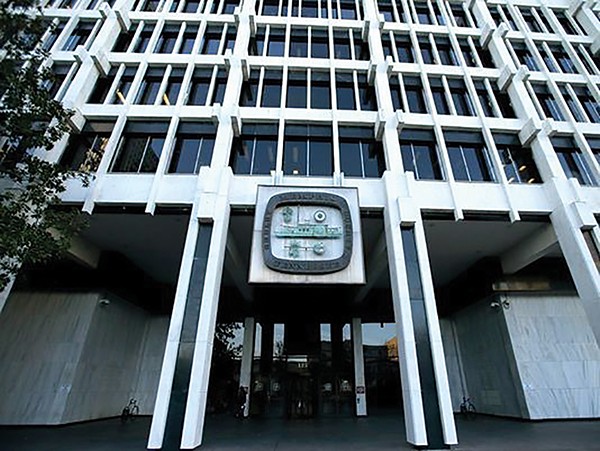
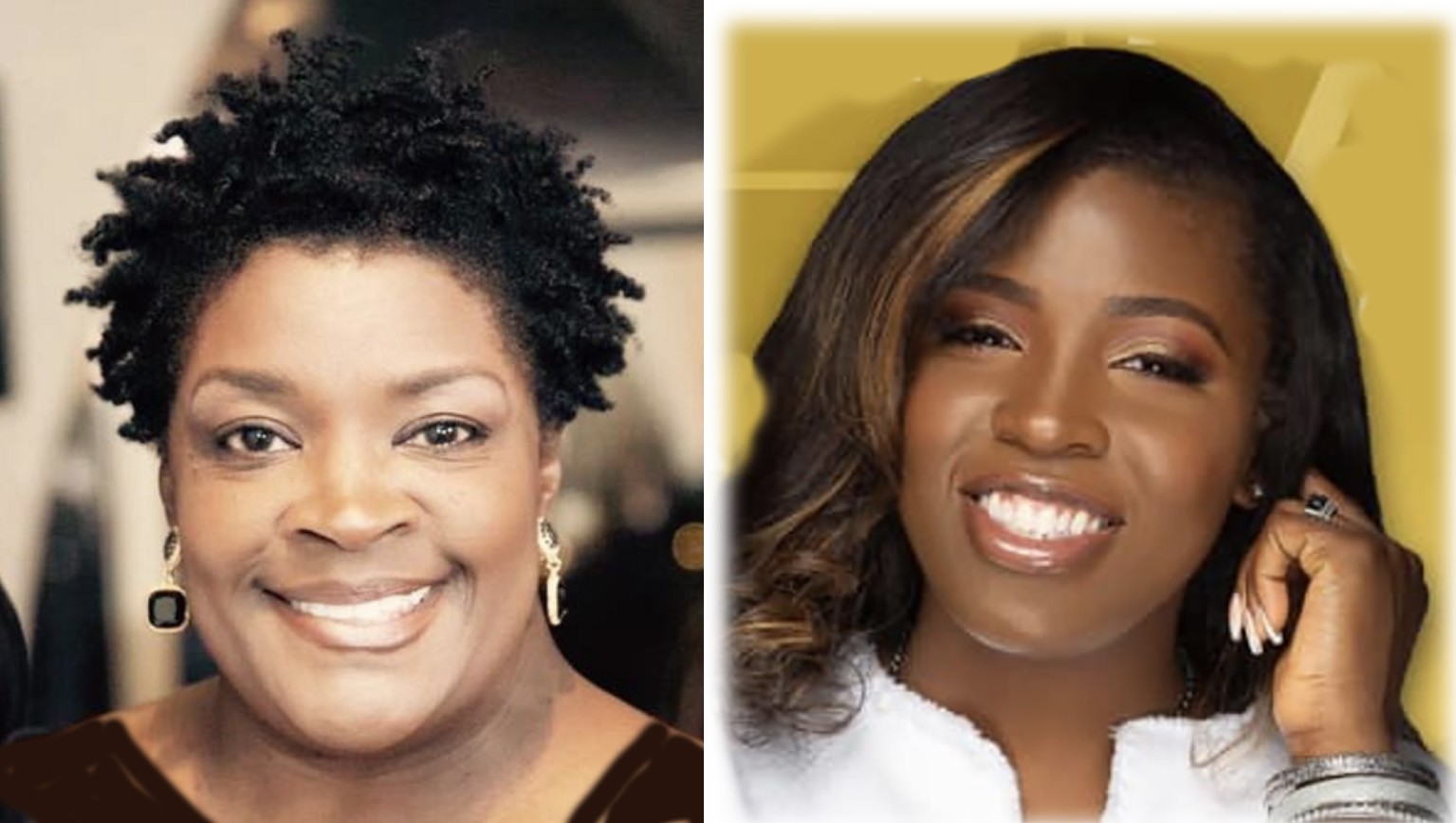
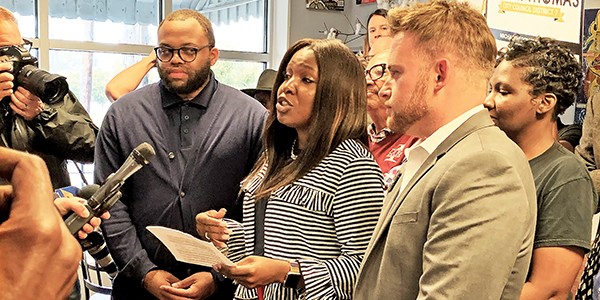 Jackson Baker
Jackson Baker 
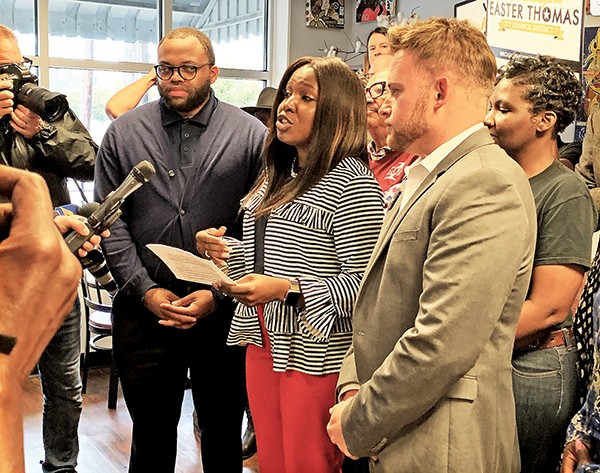 Photographs by Jackson Baker
Photographs by Jackson Baker 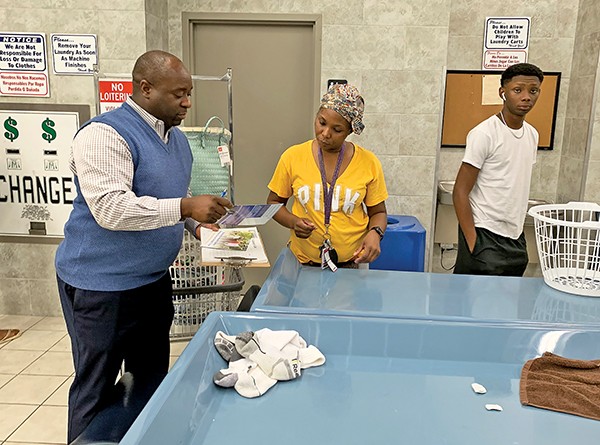


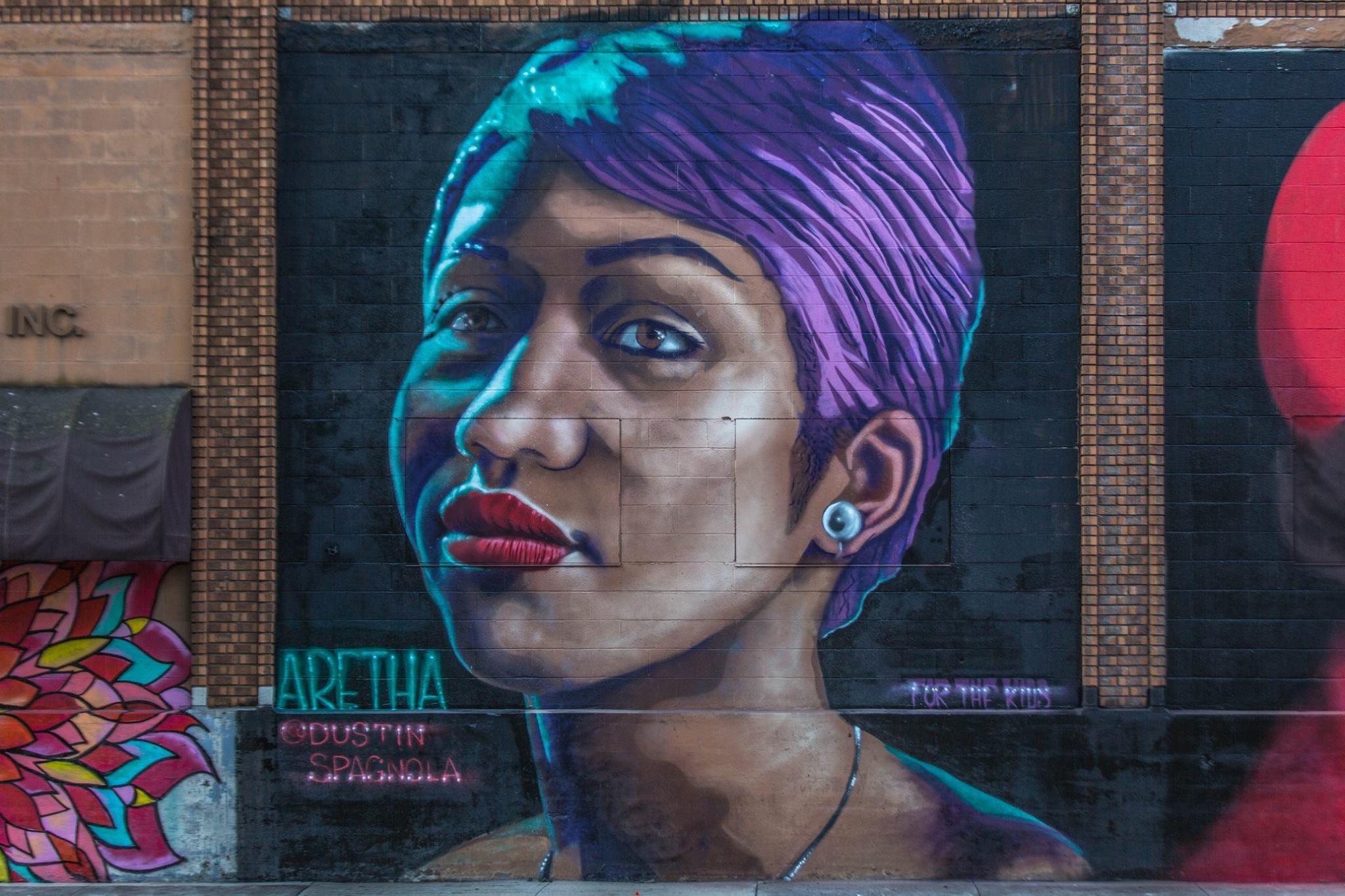 Facebook- Paint Memphis
Facebook- Paint Memphis  Paint Memphis
Paint Memphis